Jelly Roll's murder ballad

O ne of the most extraordinary sound recordings ever, was made when Alan Lomax brought Jelly Roll Morton into the studio in 1938, nearly seventy years ago. Morton was effectively washed up as a musician, now working as a manager, bartender and bouncer in a Washigton DC bar. In his heyday he was a pianist, song writer, vaudeville performer and made a bunch of pioneering jazz recordings in the '20s. Lomax "was an important American folklorist and musicologist. He was one of the great field collectors of folk music of the 20th century, recording thousands of songs in the United States, Great Britain, the West Indies, Italy, and Spain." I have a cd of 'Scottish drinking and pipe songs' he produced on location somewhere, but there's not enough notation in the booklet. I also have his "The folk songs of North America" compilation of 1960. The location was the Coolidge auditorium of the Library of Congress and the sound was recorded on equipment that was never meant for commercial recording. "The sessions, originally intended as a short interview with musical examples for use by music researchers in the Library of Congress, soon expanded to record more than eight hours of Morton talking and playing piano." I got this stuff when it was four discs, but I see it's lately been issued complete on seven. The thing about the recordings is that Morton was persuaded to leave in all the raw language. There's a somewhat charming moment where he hesitates but Lomax and his female stenographer assure him it's okay. The centerpiece of the whole thing is a half hour epic called The Murder Ballad, an extended blues played and sung movingly by Morton. It was recorded on seven discs, four and a half minutes on each, with Morton vamping on the piano during changeovers. It is one of the most tragic, hardbitten, mesmerizing things I have ever heard. Doctor Jazz has the sessions transcribed here including the Murder ballad, though as in all blues, seeing it written is only of academic interest beside hearing it performed. Nevertheless, these are four of the sixty one stanzas:
Time is comin’ that a woman don’t need no man,Three years later he was dead, aged either 50 or 55, depending.
That’s what she said when she was in jail.
Time is comin’ a woman won’t need no man,
You can get it all with your beautiful hand.
They went to sleep that night, the other gal crawled in her bed,
They went to . . . sleep that night, the other gal crawled in her bed,
She says, “I’m goin’ to get some of this cunt, you bitch, I said.”
Years and years I could take a prick just like a mule,
I could take a great big prick just like a great big mule,
I found out what a big damn fool.
I hustled night and day for that man of mine,
I hustled day and night for that man of mine,
Now I’m through, I’m behind the walls for a long time.
*******
Message from Nicki Greenberg:
"I see you're at it again on the blog... flogging the horses of the Bayeux Tapestry!"
Yes, I've desperately tried to change the subject today.
All the same, thanks for roning.
Labels: 'thanks for roning'(2), music1
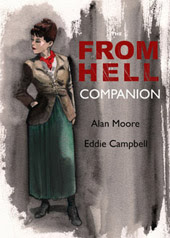
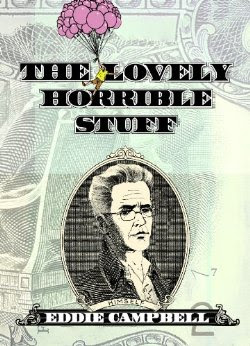

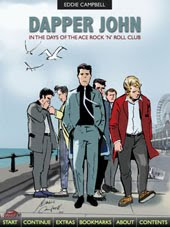
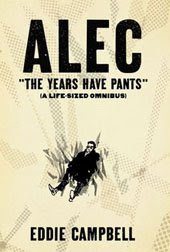
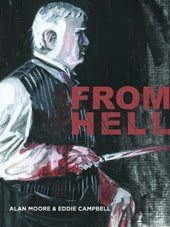
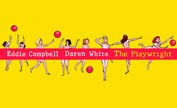
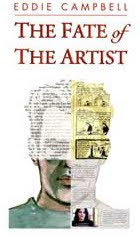
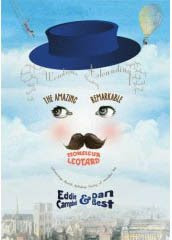
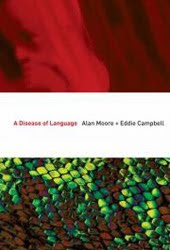
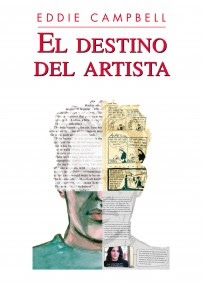
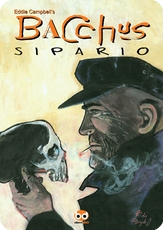
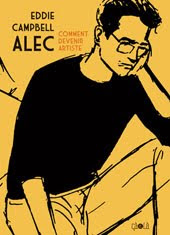

6 Comments:
Music like this seems now like radio signals from another world. I've got Jelly Roll Morton scattered across a few compilations but that's about all I've heard.
Best compilation I've come across--and something of a landmark when first released in 1952--is Harry Smith's Anthology of American Folk Music. 6 CDs divided into 3 volumes: Ballads, Social Music and Songs. Smith was a polymath collector, filmmaker and ethnologist who also created the eccentric booklet that accompanied the original release. His notes for the ballads are hilarious; each song is prefaced with a tabloid-style description, so for Froggy Went A-Courtin' you get: ZOOLOGIC MISCEGENY ACHIEVED IN MOUSE NUPTUALS, RELATIVES APPROVE.
That jazz stuff was great.
One day back in the '70s, one of my best pals saw a kind of yard sale going on across the street from where I lived. At an abandoned gas station. So he stopped to see what was there. He found a huge stash of old 78s...30s-era jazz records. All of the greats and many relative unknowns. The stuff was all in mint condition so Bill bought the lot of it for a few bucks. I recall hearing one of the songs that he rather liked: "Big Leg Woman Git All My Money". Don't recall the artist, but it always made me think of R. Crumb for obvious reasons.
I asked Bill about the records recently, and I was sad to learn that they were crushed when a tree went through the roof of his storage building during a hurricane (he lives on the coast of Georgia).
Alas.
I'm sure Crumb did a piece on Jelly Roll at one point or another, if I'm not mistaken.
Someone could do a fascinating doco on Lomax, if one hasn't been made already.
Robert Crumb did indeed do a strip about JRM, something about "Jelly Roll's Voodoo Curse" if I remember correctly.
It's a shame you never met my Dad. Yo would have had a whole lot to talk about.
Incidentally: "In Search Of Steve Ditko" Documentary hits the 'Net.
I've just discovered this song too, it's extraordinary. Astonishing that it went unheard for so long.
Post a Comment
Subscribe to Post Comments [Atom]
<< Home